Wueh! Kenya is becoming something else for the unemployed. You wake up a hopeless soul from January to December. But do not give up. Be hopeful.
How?
Some fashion and beauty businesses need capital as low as KSh1,000. Such small businesses include selling new or second-hand clothes, African jewelry, and selling cosmetics, among other beauty products.
Therefore, if you can, start a small business as you wait for the job of your dreams. Maybe, your business will grow, and you will not need formal employment. Even better, you will employ a few people too.
In this article, we want to discuss a few small business ideas in Kenya and include an example of at least one famous Kenyan founder or business owner in each category. Later, we will discuss how to fund your small business idea if you do not qualify for a bank loan and where to get supplies when you start your business. Let us do this! You can jump to a specific section of the article using the table of contents below.
15 Small Business Ideas in Kenya
Here are ten interesting small business ideas that can blossom into successful hair, fashion and beauty businesses in Kenya.
1. Become a fashion stylist
For some fashion stylists, the career started as a hobby, and through practice and a desire to learn, they became leading fashion stylists in the country. Fashion styling opportunities include working for professional photography studios, magazines and bloggers.
Inspiring stylist:
Wambui Thimba
2. Become a fashion business consultant
If you have experience or professional training in fashion, offer business insights small businesses need, such as in concept design, branding, product pricing and sourcing. Imagine you could earn just by connecting a small business in Kenya with suppliers in China. It is that simple!
Your consultancy services can also extend to social media marketing, logistics and distribution.
Business consultant to learn from:
Samantha Waireri
3. Become an affiliate marketer
Search for local and international affiliate programs, read the terms and conditions of the program, and then register and start earning. Affiliate marketing requires basic writing skills if you want to write product reviews on your blog and use links to send users to the purchase page of the product you are reviewing. However, you can also use social media accounts to promote affiliate links if you are not into writing.
Check out:
Maggie Mwende (YouTuber). It is encouraging to see her create a self-care day video and get over 4 million views on a channel that started during the global pandemic. That is sheer hard work.
4. Start a clothing/shoe line
Run a home-based business as a fashion designer. Start now if you have the talent, whether you love designing haute couture or pieces for the mass market. For example, you can get a shoemaker at Kariokor Market in Nairobi and turn your footwear designs into products.
Then, use photos of your products for social media marketing. It is an easy venture because you can design and contract a tailor if you do not have a sewing machine or the time to sew. You only need one garment per design for social media marketing; therefore, you can make it in your size. Lastly, fabrics cost as low as KSh200 per meter; hence, becoming a designer is an affordable venture for first-time entrepreneurs.
Another option, if you do not want to do it locally and you have the capital to import ready-made clothes, is to find a supplier in China and ship the finished product.
You can design anything, from skirts to t-shirts, caps, and gym wear.
Young fashion designers to learn from:
Bray Brighton Okuto
Brightstar Kasyoka. Watch Brightstar as she explains how she became a fashion designer.
5. Become a fashion blogger
You do not have to be tech-savvy to run a fashion blog. Additionally, you can start on a free blogging platform like WordPress and later run a self-hosted blog when you have money to get a custom blog and hosting services. Blogging can open doors to fashion stylist and fashion writer jobs. Who knows, maybe you are the next top fashion blogger in Kenya.
Some, such as Maxine Wabosha, settle for social media content creation instead of the traditional blogging platforms, and they thrive. Therefore, know your potential and the resources available to you.
6. Manufacture hair and beauty products
Make cosmetics for the Kenyan market and set up a retail outlet or a distribution channel to reach your customers. When making cosmetics for the mass market, you need clearance from many national authorities and the right qualifications in cosmetology or any other related field.
The most popular products are home remedies for various skin conditions, such as dry skin, dandruff and acne. It is more expensive and difficult to penetrate the market with cosmetics like lipstick and foundation because women are loyal to brands they have used and loved for a while.
Founders to learn from:
Suzie Wokabi – Suzie Beauty
Nelly Tuikong – Pauline Cosmetics
7. Become a social media strategist for e-commerce companies
To be a social media manager for a fashion e-commerce business, you need to know how to manage business accounts on various social media platforms like Twitter, Instagram and Facebook. Additionally, have excellent analytical skills and proficiency in social media management tools like Hootsuite.
You might have to start by managing your social media accounts to build your brand as a social media strategist and get the attention of e-commerce managers.
8. Start a fashion and beauty events company
Are you a great host? Fashion events showcase various brands to the general public and relevant media. There is so much you can do as a fashion events planner. For instance, you can host press trips for fashion journalists and influencers to meet brands, fashion product launches, or fashion fairs like the Nairobi Fashion Market.
9. Sell African beadwork (earrings, necklaces & pendants)
There are two ways around this small business idea: design the items or buy ready-made pieces for resale. If you decide to start from scratch, you need skills and supplies. The materials are relatively cheap. You can find suppliers in shops along Biashara Street in Nairobi. Read Ruthie Nyamu’s interview as she explains how she got into an African jewellery design business.
If you prefer ready-made items, visit Kariokor Market, just outside the city centre, to buy African ornaments in bulk.
10. Customise clothing and accessories using African print fabrics
For example, buy new shoes and customize them using Ankara fabric. Alternatively, make a few samples and then ask customers to bring their items for you to customize so you can operate at a lower cost.
Pabaa Collections is a leading brand in custom African attire. You can learn a lot from them.
11. Sell second-hand clothes
Go to a market like Gikomba early in the morning, select a few pieces of clothing or shoes at a wholesale price and retail them from your local open-air market or in your estate. For example, buy items at KSh30 and retail them at double or triple that price.
When starting with low capital, buy socks, scarves, handkerchiefs, blouses, and bras. You can also buy from second-hand clothing stores like Think Twice if you do not want to go to Gikomba.
12. Sell new undergarments and socks
Buy undergarments in Eastleigh and retail them to friends, family members, or the general public from a stall.
13. Offer delivery services to small traders
Start a delivery service by approaching local traders who run online businesses. So many traders do not have the time to make deliveries around the city, as some have full-time jobs.
14. Mobile nail art services
All you need is the skill and a variety of nail care products. Use word of mouth or social media accounts to market your business beyond your neighbourhood.
15. Hair braiding from a workstation in a salon or visiting clients at home.
You only need braiding skills and a comb (it costs less than KSh100). A customer will buy the braids, weave or other products you need. For workstations, you agree on a cost-sharing ratio with the salon owner. It can be on a 60-40 or 40-60.
After sleepless nights adding flesh to the skeleton of your business idea, the next step is raising capital.
How to Raise Capital for your Small Business Idea
Capital for the small business ideas in Kenya above ranges from as low as KSh50 to infinity depending on the business idea (what you are selling), regulation (permits and licenses) and overheads (like rent).
Often, business capital comes from savings and bank loans. What happens when these two sources of business funds are not available or sufficient to set up your business? Here are other unusual ways to raise money to start a small business in Kenya.
Pawn household items you do not use
We often accumulate electronics, furniture and clothes that we do not need. If you have a couple of such items but no cash to start a business, take them to a shylock. You may get at least KSh1,000 from each electronic item and collectively gather sufficient capital for a small business.
If you wish to get them back, pay the loan as soon as you start making a profit. Nonetheless, since you do not need the household items you gave as security for the loan, let the shylock keep them.
Get a part-time job
Some clauses in employment contracts limit business activities you can engage in alongside your day job. You have to adhere or else, utapoteza nne ukikimbilia nane.
Additionally, when you have a full-time job, you can only take up a part-time job in the evening or over the weekend. For instance, you can do laundry, work in a car wash, offer babysitting services for busy moms, coffer carpet and house cleaning services, become a personal shopper, work in a salon, offer parcel delivery services, etc.
Rent out a bedroom in your house
If you live near an institution such as a university or college, sacrifice your comfort for about six months, and you will have the capital to start a business. Advertise your homestay offer in social media groups.
Sell household items you do not need
Jiji might be your best buddy for this. List items, such as furniture and electronics, and make some money.
Become an affiliate marketer
Work for someone else to get capital, as you only need a marketing platform to direct buyers to the product owner. You can work for Jumia and Kilimall, among others.
Once you get some money to invest, it is time to get a supplier. Here are a few places to start.
How to Make Your Small Business Profitable
You will always experience self-doubt before you venture out of your comfort zone. You might spend hours or days wondering what your friends will say or whether the business you have in mind is suitable for someone as highly educated as you.
But, when you ignore all the voices and focus on financial independence, the profits from your small-scale business will make you feel like you walked on the moon and kissed the sun.
Here is how to grow your small business profitably.
Match your business idea to your capital
Some business ideas require a sizeable amount of money as capital. Other business ideas need just a few thousand shillings. Go for business ideas that can run on the amount you wish to invest as your start-up capital.
Get dependable suppliers
Compare offers from different suppliers for everything to get the most affordable supplier. Every cent spent should bring a return on investment and meet your business objectives.
Additionally, consider getting free services from friends and colleagues as you start to lower your overheads. But, state the terms of the service so that you do not lose your equity in the process. For example, ask a friend to design a business logo/website for you.
Start part-time
With a part-time venture, you have another stable source of income to cater for personal expenses, so you can channel back the money you make from your business.
Sell online
It eliminates overheads like rent. Many young people in Kenya are selling fashion products on Facebook and Instagram. Therefore, create a Facebook page for your products, introduce your friends to your shop, and watch it grow. You only need selling skills, appealing photographs and a fast order delivery process. You can handle deliveries yourself or hire an affordable courier service.
The other option is selling through an online marketplace like Jumia. Such e-commerce companies ask for a commission; however, they have excellent distribution networks and a round-the-clock customer service department.
Use word of mouth instead of expensive marketing methods
Market your products or services through friends and customers first, and then consider other marketing methods. It reduces your marketing budget considerably, and you can use their testimonials.
Become an affiliate until you can afford inventory
The most prominent businesses in the world right now, such as Alibaba and Airbnb, do not have inventory. Why burden yourself financially, shipping or manufacturing products when you can make money directing customers to somebody else’s store?
In almost all affiliate marketing programs in Kenya, you can use your social media accounts, a blog or a website. It could be a self-hosted or a blog on a free blogging platform like Blogger. The crucial element in your promotional message is an affiliate link (tracking code) that a reader follows to the point of purchase online (the merchant).
There are various forms of commissions earned from affiliate marketing programs in Kenya. Merchants pay per click from your blog, for new users registered after following your affiliate link or for each complete transaction a user makes after following your affiliate link.
Such terms control how much you earn as a commission and the amount of work needed to get a decent commission. Of course, the best affiliate marketing programs are the ones that pay per click, but these are hard to come by and are plagued by online scams.
Final thoughts on small businesses to start in Kenya
Think about all the successful entrepreneurs around the world. Manolo Blahnik, whose shoes are on the feet of the high and mighty, took about ten years to gain hands-on experience that built his present empire. FUBU and Adidas are also success stories of businesses that started from nothing.
The beauty of starting a small business and watching it grow is you learn so much and have the time to adjust your goals with each success or failure. Additionally, you can run several small businesses together. For example, you can be a mobile nail technician who offers fashion styling or personal shopper services.
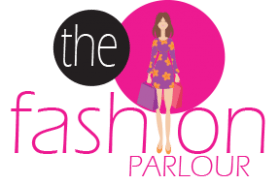



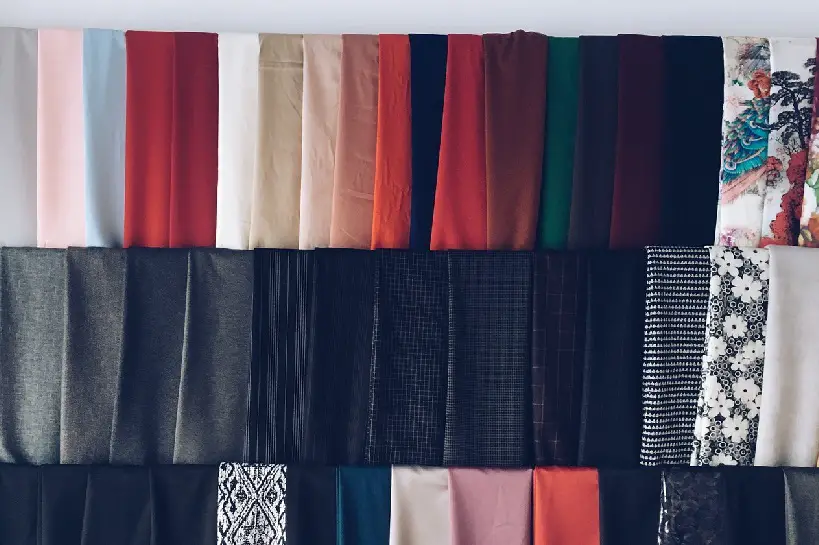
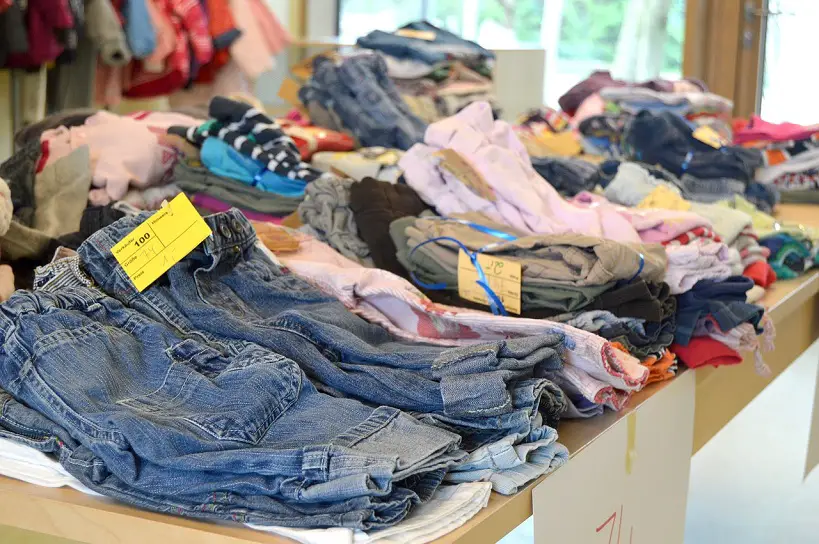
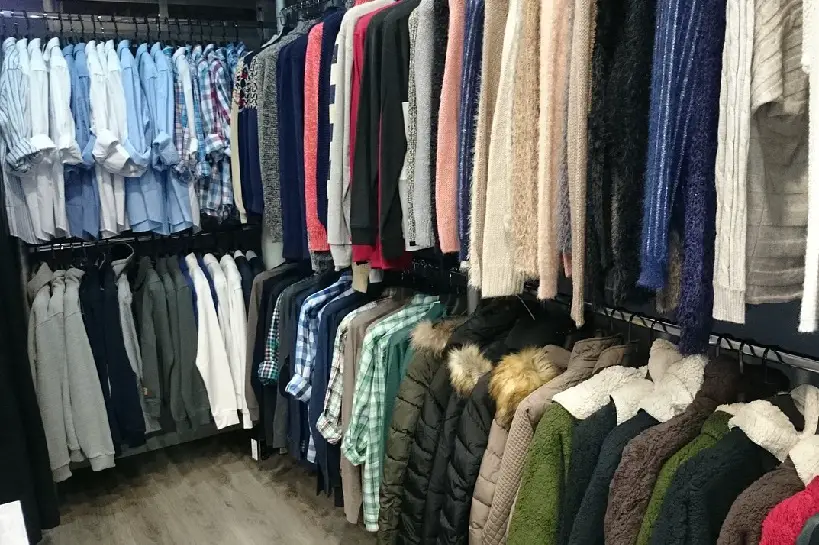



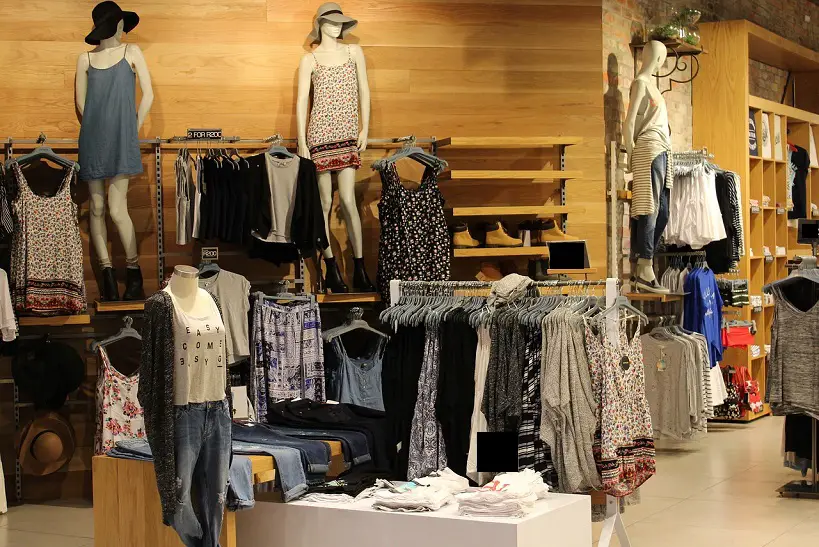
thank you for your advices now i am ready to start my business
You are welcome
Nice read, I just passed this onto a colleague who was doing a little research on that. And he just bought me lunch as I found it for him smile Therefore let me rephrase that: Thank you for lunch!